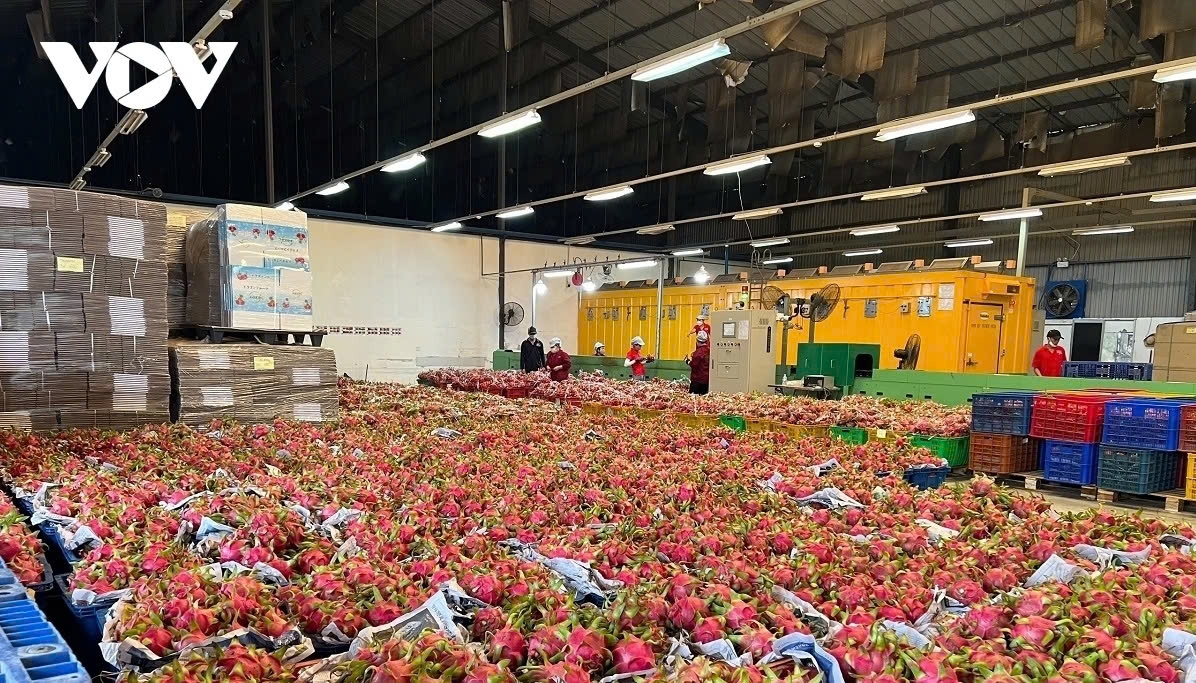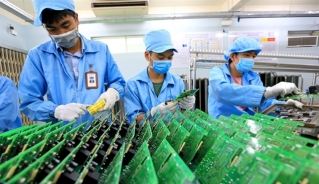EU tightens food safety regulations, local businesses advised to satisfy
VOV.VN - The European Union (EU) is introducing stricter regulations on food safety and sustainability in order to reduce environmental impact and ensure product quality that are expected to significantly affect Vietnamese exporters to the Nordic market, warned the Ministry of Industry and Trade of Vietnam.

The ministry on February 7 issued a warning about the EU tightening regulations on fresh agricultural product trade and provided advice for Vietnamese exporters to the Nordic region.
Accordingly, the new regulations require a reduction in pesticide residues on fresh agricultural products. Products imported into the EU must meet strict maximum residue limits (MRLs). Some chemicals that are banned in the EU will be completely prohibited on imported products.
Most fresh agricultural products imported into the EU require a phytosanitary certificate to ensures that the products, except for bananas, coconuts, dates, pineapples, and durians, do not carry harmful pests. Heat treatment for mangoes or similar measures to prevent fruit fly infestation are encouraged.
In addition, the EU will increase the inspection rate for products from countries with a higher risk of pesticide residue contamination.
The Vietnam Trade Office in Sweden recommended that Vietnamese exporters to the Nordic region strictly follow pesticide residue regulations to ensure that the products do not exceed the permissible pesticide residue limits and meet the strict requirements of Nordic importers. They only use EU-approved pesticides and test products for chemical residues in internationally certified laboratories before export.
The exporters were also required to cooperate closely with Vietnamese quarantine agencies to get standardized phytosanitary certification.
As products from Vietnam may be placed in high-risk categories, leading to higher inspection rates, exporters therefore should enhance quality control at the source, especially for products like chili peppers, beans, and tropical fruits, the trade office suggested.
It also reminded the exporters to prepare comprehensive documentation on production processes and inspections to address issues promptly if they arise.
The Nordic market imposes strict regulations on the quality and traceability of agricultural products, requiring Vietnamese exporters to be well-prepared and meet these stringent standards. However, with the right strategy, businesses can not only overcome these challenges but also seize opportunities to expand their market share in this region.



